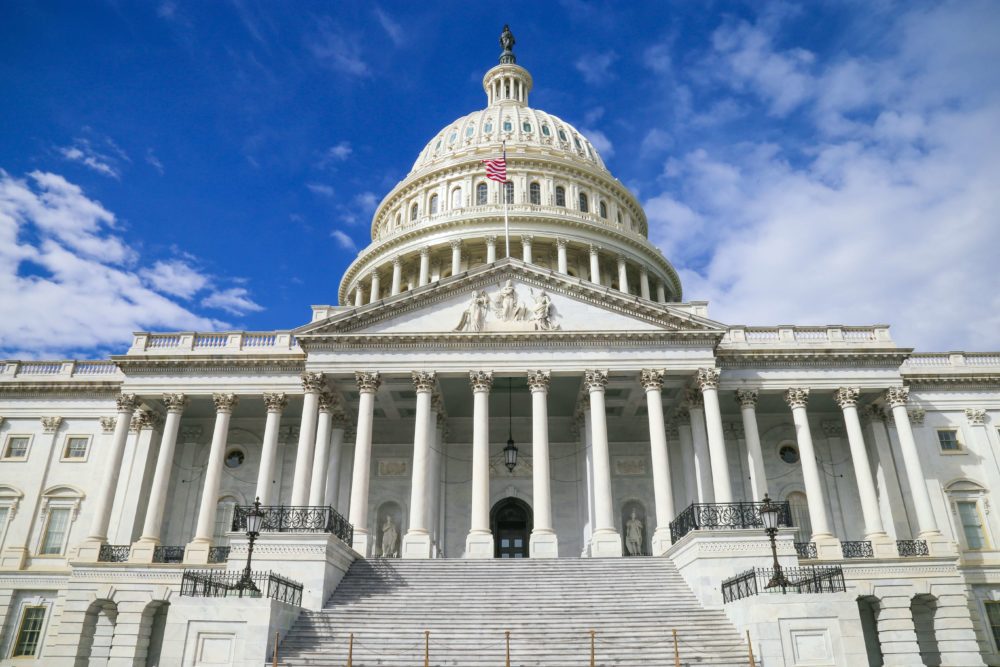What’s Your Number One Piece of Humanities Advocacy Advice?
We asked conference participants who dedicate their time to humanities advocacy what one piece of advice they would offer humanities advocates. Here are their answers!
“Build and nurture your relationships with Congressional staffers. Meet on the Hill, be responsive to their requests, and keep the connection alive between face-to-face meetings through your digital media platforms, relevant e-mails, and timely event e-blasts.” – Christianna Shortridge, Christianna Shortridge Consulting
“Always tell a story. People remember a story, especially if it’s personal to them. Demonstrate the impact of your work by sharing examples with specific personal connections to your target audience or policymaker.” – Katie Steen, AAU
“While outreach to all Members of Congress is important, give extra attention to newly elected members. Meet with both their district staff, as well as their DC staff during Humanities on the Hill or Humanities Advocacy Day. Invite the Member to your humanities events that are held in their district, to see the role that public humanities plays in enriching life in America. If you have a program that has a particular importance in the district, such as outreach to veterans, be sure to highlight that. And thank them, both for listening, and (hopefully) for their support. Repeat this process every year.” – Peter Torkildsen, Former Member of Congress, FSHC Board
“Whether you are making the case for the public value of humanities programs in your community or for the value of studying the humanities as an undergraduate, think broadly about the audiences you need to reach. For example, in addition to local elected officials, chambers of commerce and civic organizations can be important supporters.” – Stephen Kidd, NHA
“Know your Members’ interests and tailor your discussions to those. Is your Member a veteran, a strong advocate for veterans or on a committee that oversees veterans’ issues. If so, mention your veterans’ programs. Is your Member a strong supporter of medical research? Then, talk about Literature and Medicine. If you offered a program in the Member’s hometown, report on that. If your Member attended one of your events, thank him/her for participating. Connect!” – Carolyn Fuller, Van Scoyoc Associates, FSHC Legislative Counsel



